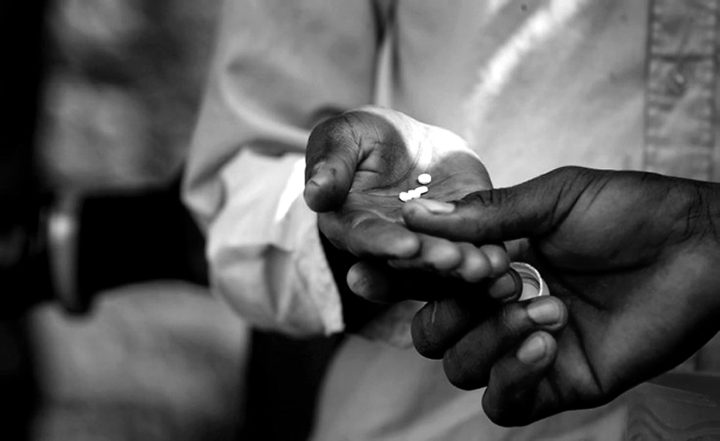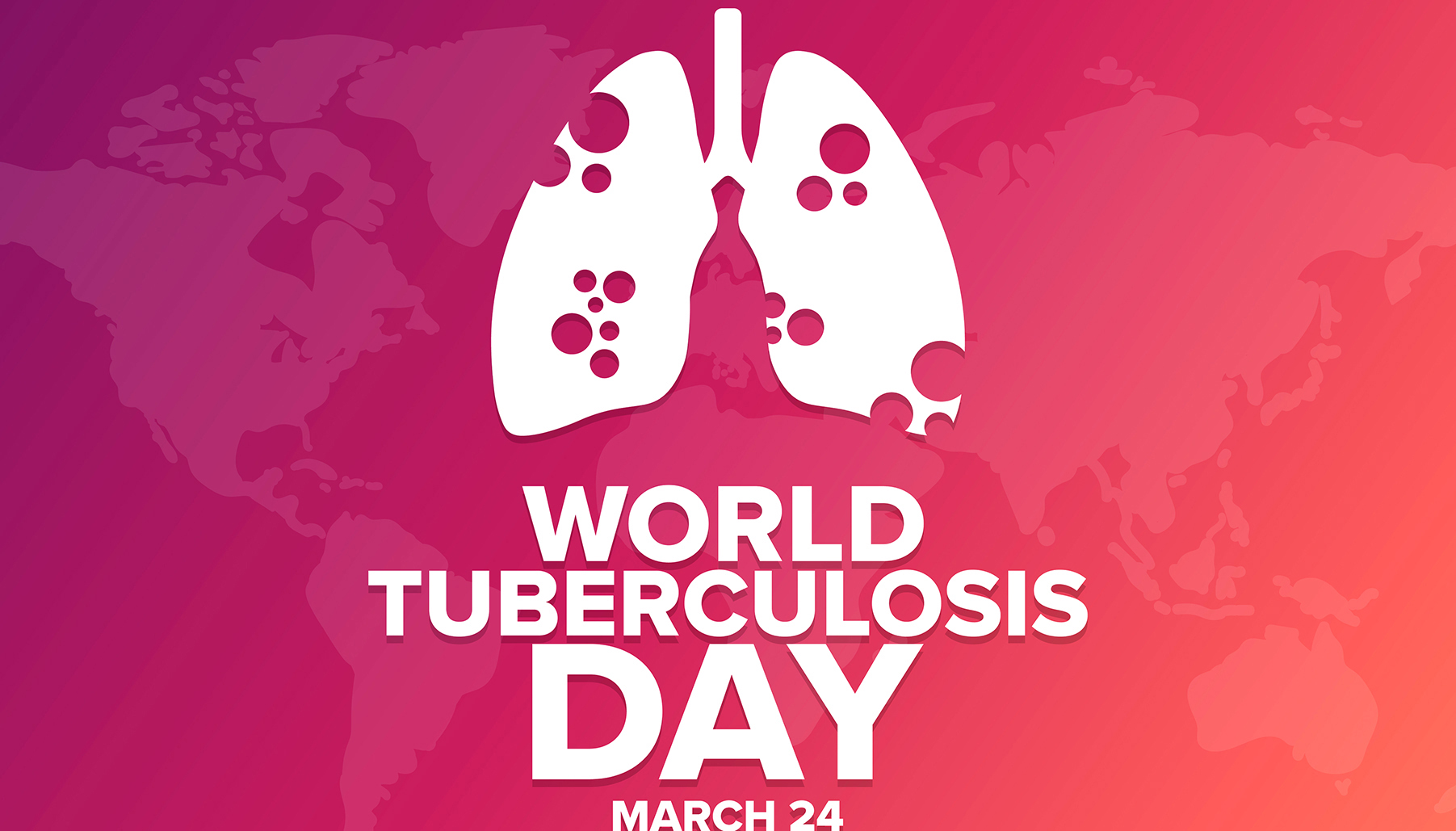WORLD TB DAY
Why a new approach is needed in the fight against South Africa’s number one killer

Today is World TB Day. It’s time to take stock of the effectiveness of our tuberculosis (TB) prevention and treatment programmes and to ask why (after Covid-19 subsides) TB will still be the leading cause of death in South Africa.
At the height of any one of the four Covid-19 pandemic waves over the past two years, no one can argue they did not know the status quo around this deadly virus. Regular televised country briefings by President Cyril Ramaphosa were accompanied by daily maps and infographics telling us which provinces were hardest hit. A USSD Covid-19 line was swiftly set up and data about caseloads was just a *120* away. Regular tweets delivered regulations and warnings about mask-wearing, hand washing and restaurant occupation rates.
As South Africa navigated the Covid-19 pandemic there was a general consensus that the government had pulled out all the stops to keep the country just outside the proverbial door of the National Coronavirus Command Council’s head office. There is a reason that we could be kept abreast of the numbers in the way that we have.
Part of it is because the government set up intricate health data management systems to ensure that everyone could see the numbers and heed the calls of the government to manage the pandemic with the seriousness it deserved.
What the response to the Covid-19 pandemic showed is that the health system has the resilience to respond in the face of a crisis. It highlighted the importance of reliable health data management information systems in responding to a pandemic. However, the country is facing a longer-term public health emergency in the shape of the TB epidemic, which, sadly, still kills close to 58,000 people annually. With access to treatment, TB is curable, which means that many of these deaths are avoidable.
Although South Africa has implemented a system to integrate TB data at facility level, there is some incoherence around the data systems that are currently in place. As a result, there are major gaps in the data that we have around TB.
This is problematic as the lack of reliable data means that to all intents and purposes we are flying blind. Put differently, if we can’t see the number of people who test positive for TB who are being initiated on treatment, the system is unable to respond timeously and runs the risk of increasing infection rates. The gap in data also makes it difficult to redirect funding to areas like community outreach programmes and it sets us back in reducing deaths.
However, the challenges around the TB data are only one part of the problem. The bigger picture is a lack of political priority around TB, leading to compromised governance and leadership and virtually no accountability.
It is unlikely that TB will get the same focus that the Covid-19 pandemic received. The dynamics around TB are vastly different and complex — ranging from the drivers of the disease to the stigma attached to it.
However, it is important that South Africa build on the successes of its response to Covid-19 and think about how it can apply it to other diseases like TB. Despite TB being preventable and treatable, it still kills South Africans every day. In fact, TB remains South Africa’s number one killer In 2019, 58,000 people died from TB. Last year this figure rose above 61,000.
Given TB’s status as the leading cause of death and the fact that the response is meant to be grounded in a broader human rights framework through the National Strategic Plan for HIV, TB and STIs, it is important that this disease burden is tackled. In this vein, the health sector is duty-bound to urgently begin work on addressing and regaining the losses.

(Photo: iStock)
Recovering lost ground
In the run-up to the Covid-19 pandemic, South Africa had been starting to make significant strides in its fight against TB. South Africa had put in place some noteworthy policies to ensure an effective TB response and results were starting to show.
We recorded a significant decline in TB deaths, dropping from 184,000 in 2010 to 61,000 in 2021. The arrival of the Covid-19 pandemic stymied that progress somewhat. In the first year of the pandemic, TB testing and diagnosis declined by more than 20% and for the first time in more than a decade there was an increase in the number of TB deaths.
But all is not lost. The health system’s response to Covid-19 has shown that despite the weaknesses that plague South Africa’s health system, the health sector was able to adapt and respond to a system stressor such as Covid-19 in a swift and timely fashion.
There is already a plan in place. The Department of Health and the TB Think Tank has pulled together a TB Recovery Plan. The think tank is a collective of experts, academics, researchers and civil society advocates who guide the country’s TB response.
The recovery plan brings together several critical strategies that should form part of the TB response over the next year. These will be staggered based on the TB priorities. There are a few things that we can urgently implement that will be beneficial for the TB response.
For one, we should prioritise the implementation of the Targeted Universal TB Testing. The logic of this strategy is for everyone who is considered at high risk of contracting TB to be given a TB test, irrespective of whether they have symptoms or not. We also need to invest in data information management systems around TB. This would help us to monitor trends in the TB disease burden more effectively.
But in terms of the bigger picture, we need to strengthen the accountability around the implementation of the TB programmes. We need to start asking the difficult questions that will result in strong governance, leadership and transparency.
Building an accountability consortium could strengthen TB care in SA by consolidating the implementation of policies, technical solutions and advocacy efforts. The consortium could ask critical questions that can improve TB accountability at both national and provincial levels.
At the end of the day, we need to get TB care to those that need it most. DM/MC
Today (Thursday) the TB Accountability Consortium will launch a new report, ‘The State of TB in South Africa, Shifting Priorities to Regain Momentum in the Fight’. Russell Rensburg is the director of the Rural Health Advocacy Project, which acts as the secretariat of the TB Accountability Consortium.





















 Become an Insider
Become an Insider
Comments - Please login in order to comment.